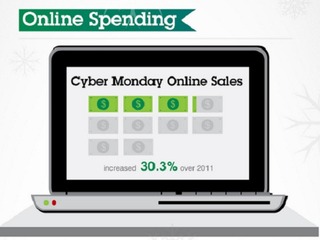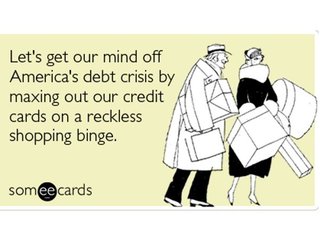Oxford Cancer Analytics raises $11M to detect lung cancer via a blood test
OXcan combines proteomics and artificial intelligence for early detection
Read more...
Travel-focused e-commerce isn’t new, but it’s still growing at a startling rate for how long it’s been around. For the first time ever, consumers spent over $100 billion online on travel sites in 2012, according to a report released Wednesday by comScore. Specifically, consumers spent $103 billion on everything from air travel and hotels to car rentals, marking a 9% increase over 2011.
Among travel agent sites, Kayak and BookingBuddy saw the most growth, accounting for 6.9% and 2.3% of total page views, respectively. But Expedia maintains the lead, with 31.6% of all page views. That’s down from 37.6% last year, however. That’s followed by Priceline, with 17.3% of page views.
“Interestingly, not all sites are equally effective in turning page views into transactions,” said John Mangano, VP of comScore marketing solutions for retail and travel. “In some instances we see that sites require greater engagement to get to a booking, while others serve more as a venue for comparison pricing but lose out on the sale as their visitors go to other sites to book. So while winning the traffic battle is an important part of customer acquisition, travel companies who optimize their strategies at other phases of the funnel are the ones who ultimately drive the greatest conversion.”
Air travel accounts for the bulk of online travel spending, with $66.5 billion spent in 2012. That translates to 65% of all online travel spending, which is up 10% over 2011. Hotel reservations accounted for 19% of online travel spending, with $19.4 billion spent, followed by car rentals with $9.7 billion spent.
The report is significant for the fact that consumer spending on recreational travel has slowed down since 2005. This was obviously due to a little recession we experienced somewhere in the middle of that time frame, but travel expenditures haven’t reached the levels that they were in 2007. In 2007, consumers spent an average of $1,462 per trip. That fell to $1,273 in 2009. As of 2011, the average total cost of a recreational trip was $1,372.
So the fact that consumer spending on online travel sites continues to grow forecasts a promising future for online travel startups. Consumers spent a total of $186.2 billion online in 2012 on non-travel related expenditures, an increase of 15% over 2011—which represents the largest jump in annual online spending since the beginning of the recession.
OXcan combines proteomics and artificial intelligence for early detection
Read more...Nearly $265B in claims are denied every year because of the way they're coded
Read more...Most expect to see revenue rise, while also embracing technologies like generative AI
Read more...



